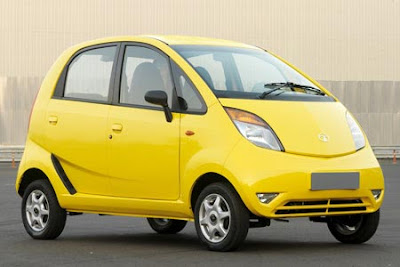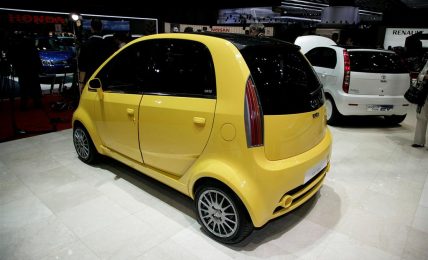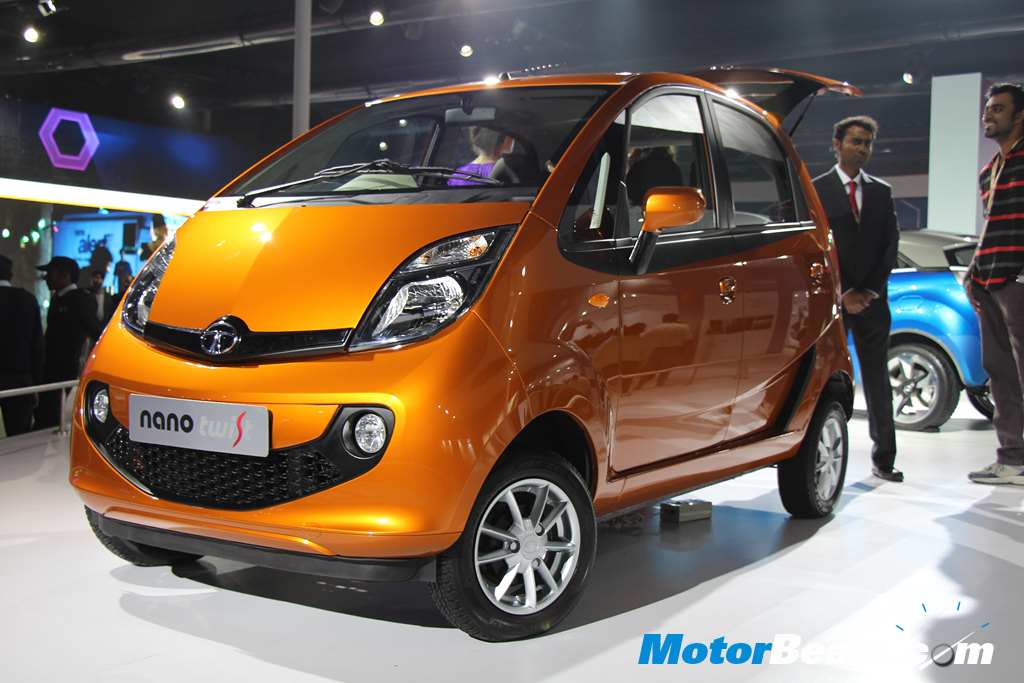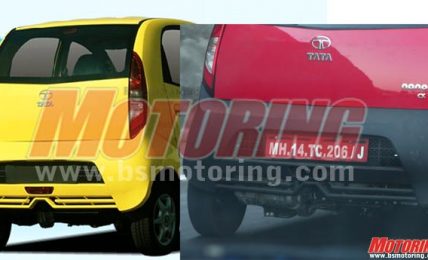
Increasing fuel prices has made Tata Motors to go in for a diesel variant for the soon to be launched Tata Nano. The small diesel engine will have fuel injection systems developed by Bosch, but the rest of the platform is being developed by Tata Motors and German powertrain maker FEV.
FEV is an independent engine and powertrain systems research, design and development company, headquartered in Aachen, Germany. The Nano engine is not its only connection with India. M&M is also working with FEV for its electric-diesel hybrid Scorpio.
Although Tata Motors has so far only showcased its petrol Nano — kitted with a 623 cc, two-cylinder, MPFI engine with four-speed manual transmission — it has already announced a diesel and even a hybrid are in the pipeline. At its premiere in the Auto Expo earlier this year, Tata Motors chairman Ratan Tata had said: “By and large we’ve always been a diesel company so we will have a diesel version that will follow this variant soon after.”
The car is expected to sport the world’s first 800 cc, turbo charged, CRDi diesel engine. The diesel powertrain Nano will probably roll out in 2009. While Bosch is working on the CRDi system for the Nano, Honeywell Turbo India is working on the turbo charger.
Sources say the 800 cc, turbo charged, CRDi diesel engine will be two-cylinder and crank out at least 30% more mileage compared to 800 cc petrol cars. Given that the smallest diesel engine in India right now is the 1.3 litre Fiat multijet CRDi engine that Suzuki has been using on the Swift and both Tata and Fiat will use in its future models, the Rs 1 lakh car will offer at least 40% better fuel efficiency than any small diesel currently available.
The turbo-charged CRDi diesel engine on the Nano would mean that it won’t be an unsophisticated ‘naturally aspirated’ engine like earlier cheaper diesels in India. In technology and sophistication terms it will be no less than the Swift diesel or the Getz diesel or even the Fiesta, Fusion, Verna, Logan and other new generation diesel models currently available.
Though popular earlier, naturally aspirated diesels are now virtually extinct in India. Because they are not Euro 4 compatible which will be the mandated emission norm by 2010, companies have been replacing naturally aspirated diesels with turbo charged CRDi diesel engines.




